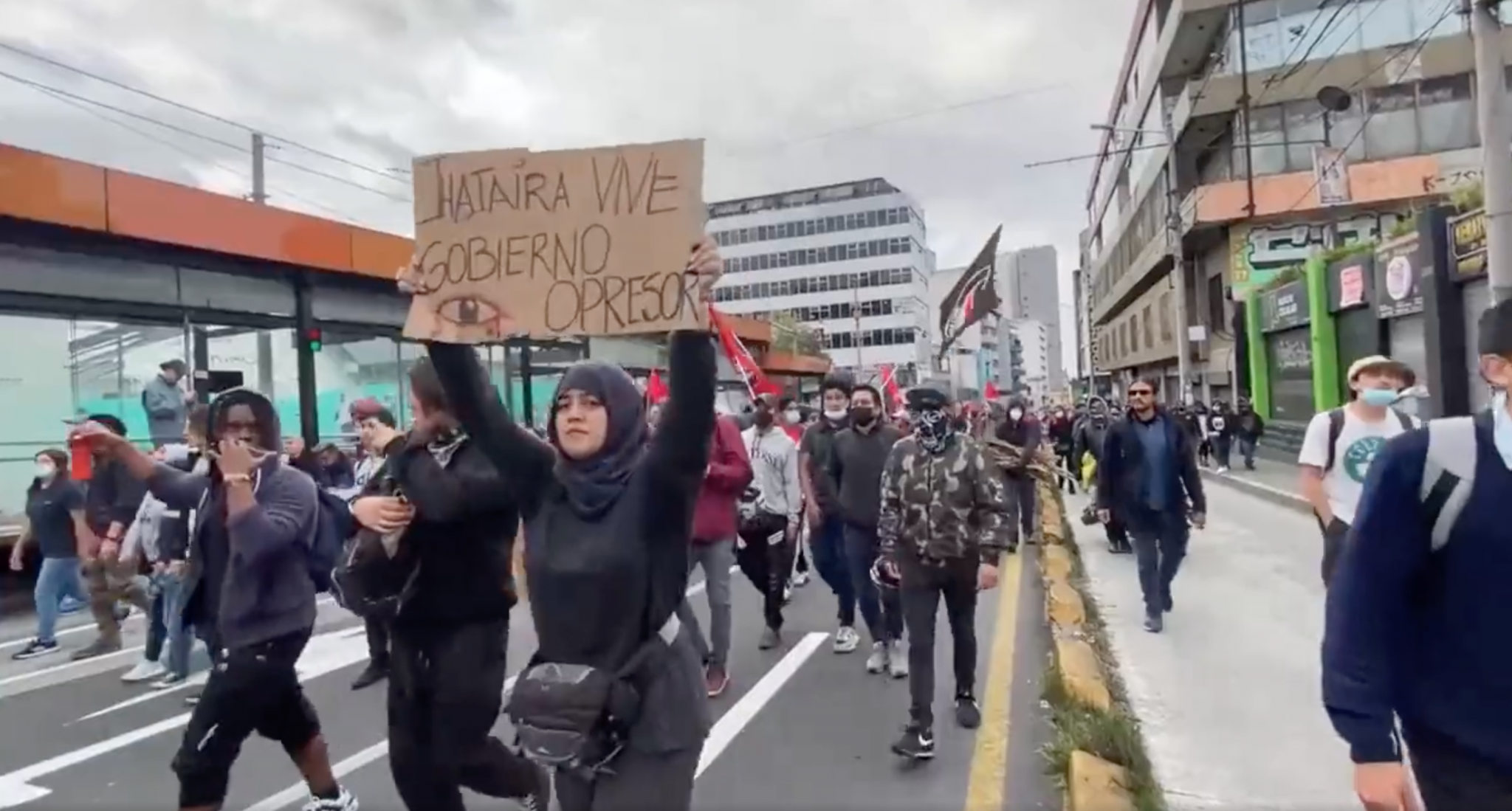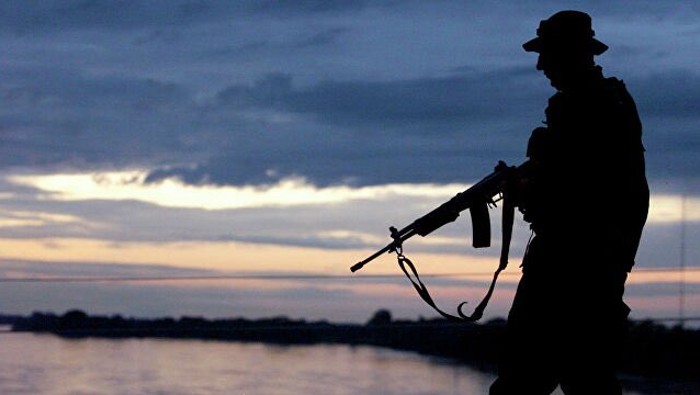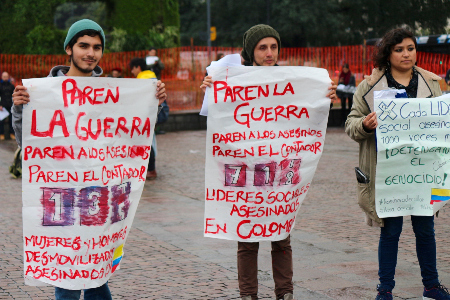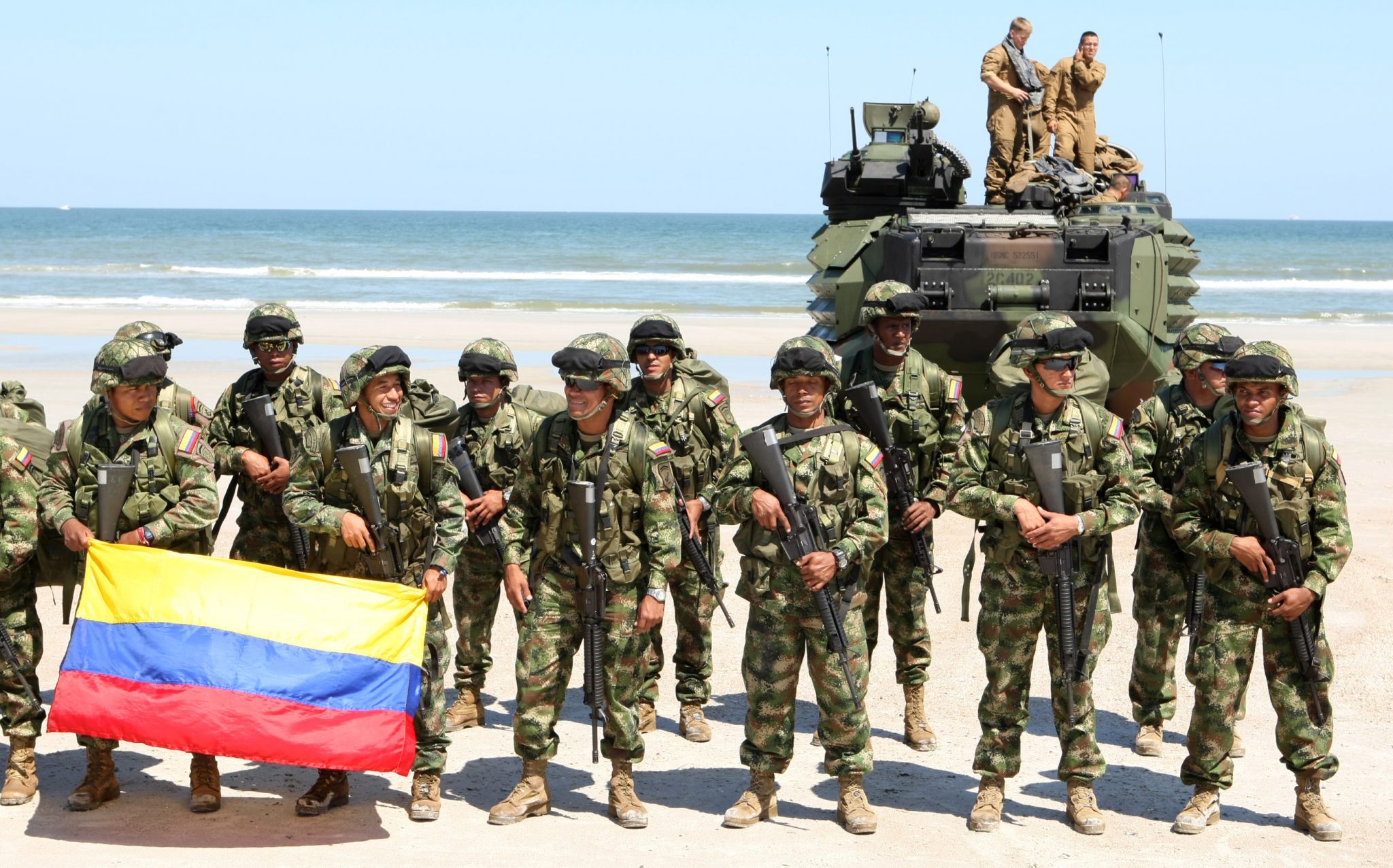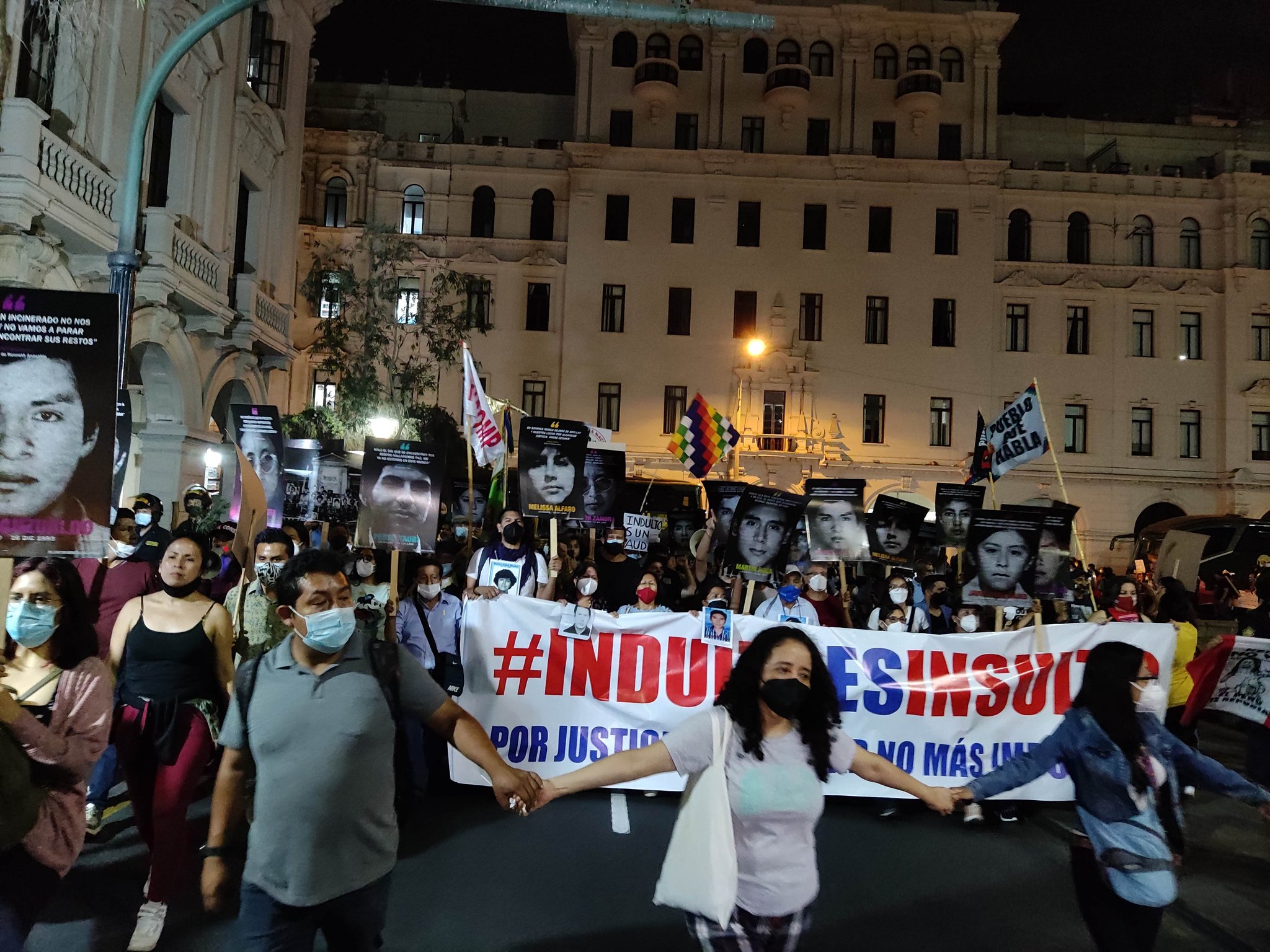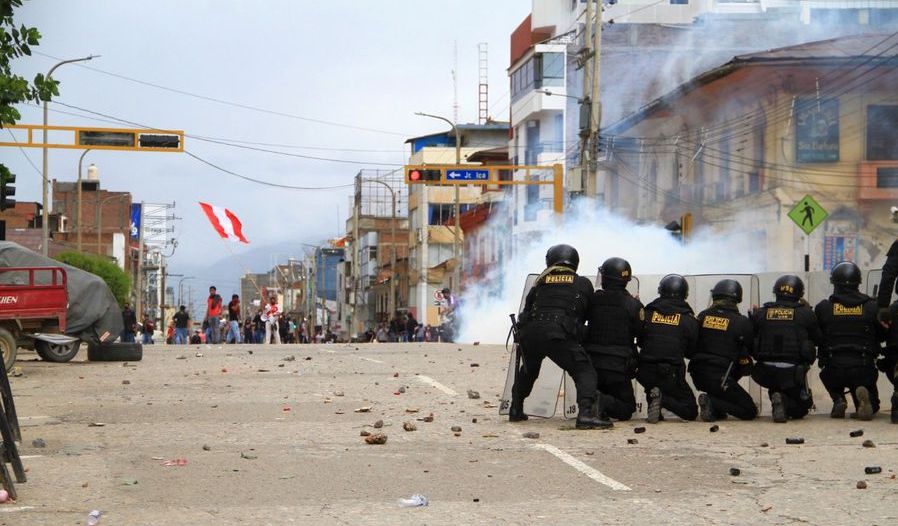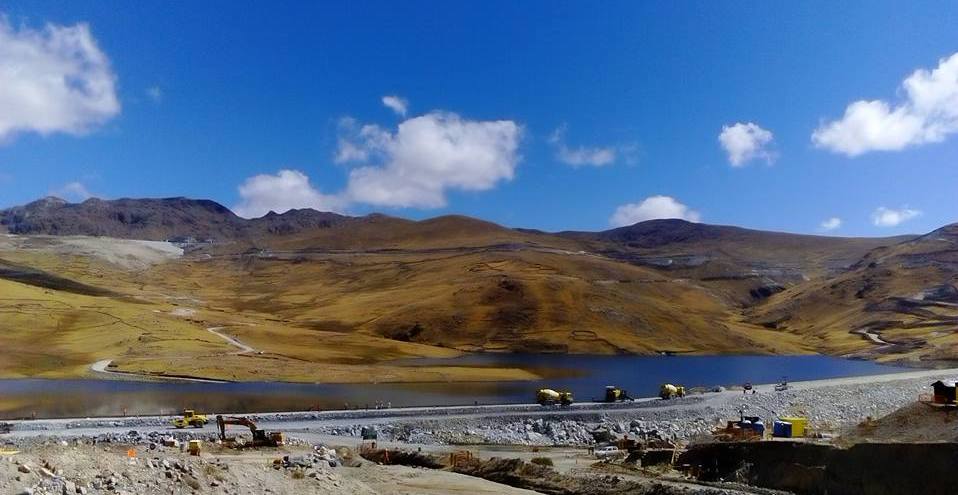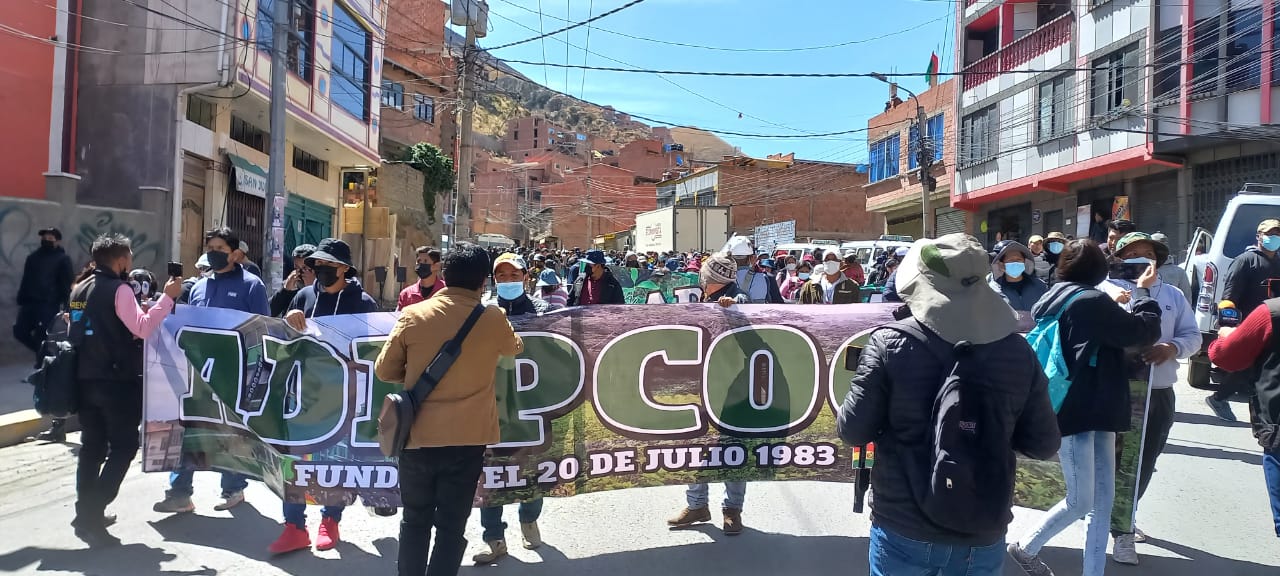
Bolivia: La Paz marches for and against government
The pro-government Pact of Unity and Bolivian Workers’ Central (COB), the Andean country’s largest trade union federation, held a “March for Democracy” in La Paz to oppose what they called “destabilization” attempts and demonstrate their support for President Luis Arce. Thousands marched from the outlying working-class city of El Alto to Plaza Mayor de San Francisco in La Paz, where a mass rally was held. But days earlier, cocaleros of the Departmental Association of Coca Producers (ADEPCOCA) marched in La Paz, accusing the government of attempting to undermine the organization’s legal monopoly on sale of coca leaf by establishing a “parallel market” in the city, run by loyalists of the ruling party. ADEPCOCA announced formation of a “Self-defense Committee” to forcibly shut down the “parallel market” in the city’s Villa El Carmen district if the government does not act. (Photo: ADEPCOCA via La Razón)




